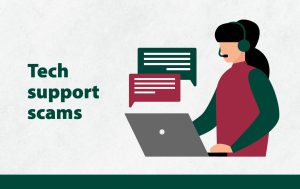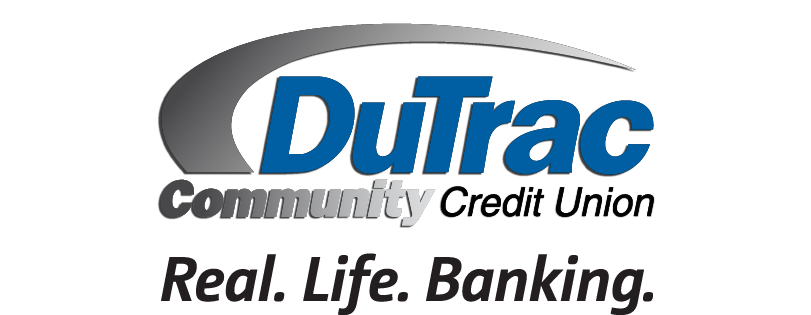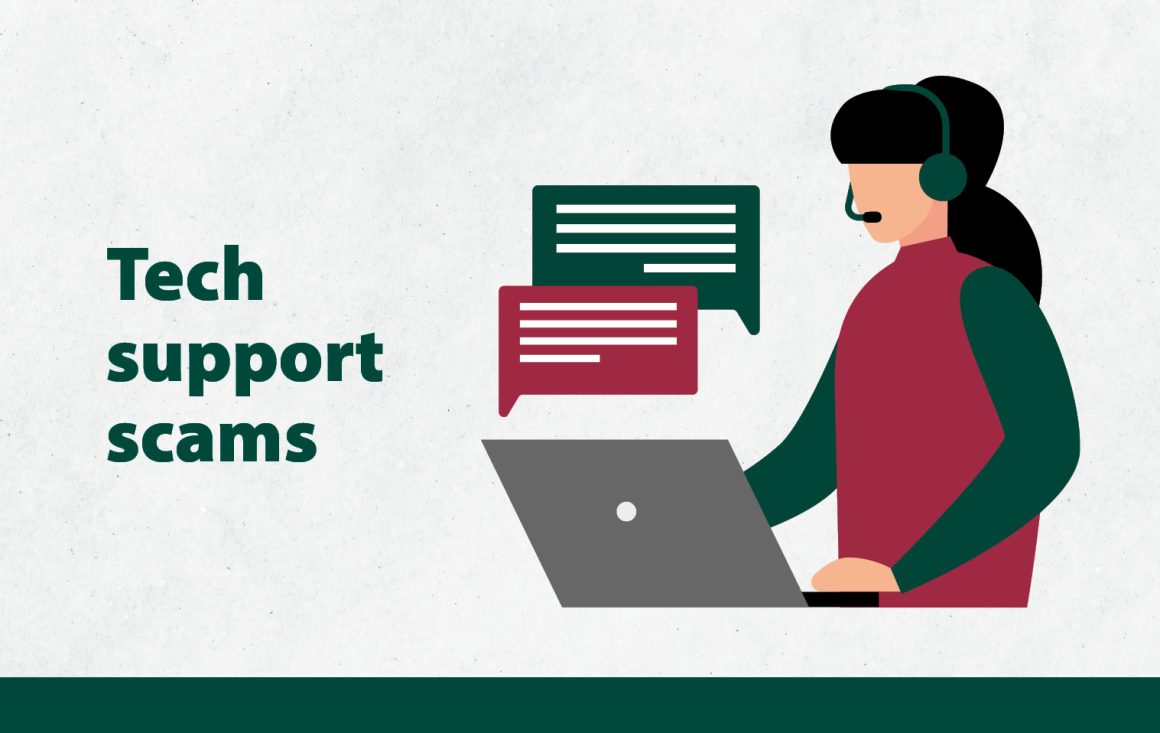 Scammers often pose as support or service representatives, offering to resolve issues related to a compromised email, a virus on your computer, or even a software license renewal.
Scammers often pose as support or service representatives, offering to resolve issues related to a compromised email, a virus on your computer, or even a software license renewal.
These scams usually start with a phone call or a pop-up warning of a computer problem that gives a number to call.
The scammers often claim to be Microsoft or Apple and might even spoof caller ID to make it look like one of these companies is calling.
In another twist, they get people who do need computer help to call them by posting phony customer support numbers for well-known companies online.
These scammers convince people to hand over remote access to their computers and then make a big show of “troubleshooting.”
For example, they might open system folders or run scans that show evidence of a problem. Then they ask for money for repairs and things like fake service contracts.
Giving a scammer access to your computer allows them to add malware that can enable them to see any username, password, or security information you enter. This allows them to access your money and steal your identity.
Here is what you can do:
- Do not call a phone number or click a link!
- Do not send money, give your credit card number, or give control of your computer to anyone!
- Pass this information on to a friend to stop these scams!
DuTrac provides the latest fraud protection tools and services, from text alerts to chip-enhanced technology.
If you feel you may have been the victim of fraud, please contact our Fraud Department at fraud@dutrac.org or visit any of our DuTrac locations.

